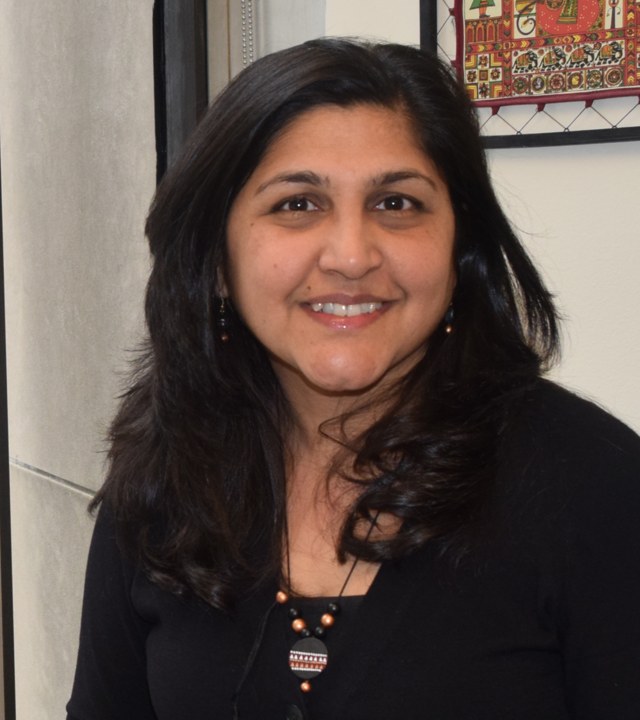
Dr. Radhika Peddinti Provides Hope
So often when children with critical illnesses visit doctors, they hear about restrictions and things they should not do because of their diagnosis. Dr. Radhika Peddinti likes to disrupt that dynamic for her patients who are living with a critical illness.
“When we introduce Make-A-Wish to a patient and their family, it really changes the tone of the conversation,” Dr. Peddinti said.
She first learned about Make-A-Wish as an oncology fellow.
Through the years of developing her expertise in sickle cell disease and several other areas of the hematology-oncology specialty, Dr. Peddinti, who works out of the University of Chicago Comer Children’s Hospital and LaRabida Children’s Hospital, both in Chicago, continues to refer her patients with critical illnesses.
“At first, some families are worried, because unfortunately the perception is that Make-A-Wish is only for children with terminal diagnosis,” she shared. Once she is able to explain the broader focus of the organization on children with critical illnesses, she feels that referring a child to Make-A-Wish is a way to strengthen the doctor/patient relationship.
She says it’s not just about the ultimate wish of what they got, but it is the path and the anticipation of a wish that can help a child. Kids are more animated when they are talking about what might be their wish or about their wish experience. Even after the wish they can’t stop talking about it, which for her patients with sickle cell disease is important because they will often use these wonderful memories as part of the guided imagery technique of helping them manage their frequent pain crises.
Dr. Peddinti also feels that a wish experience builds confidence. See has seen many patients try a new thing during their wish and that can then change how kids are taking care of themselves after the wish. Now that they have this new interest, she sees that this new focus can help patients cope and gives them more reasons to follow medical advice.
“If you have hope and a positive outlook, it definitely changes outcomes.”